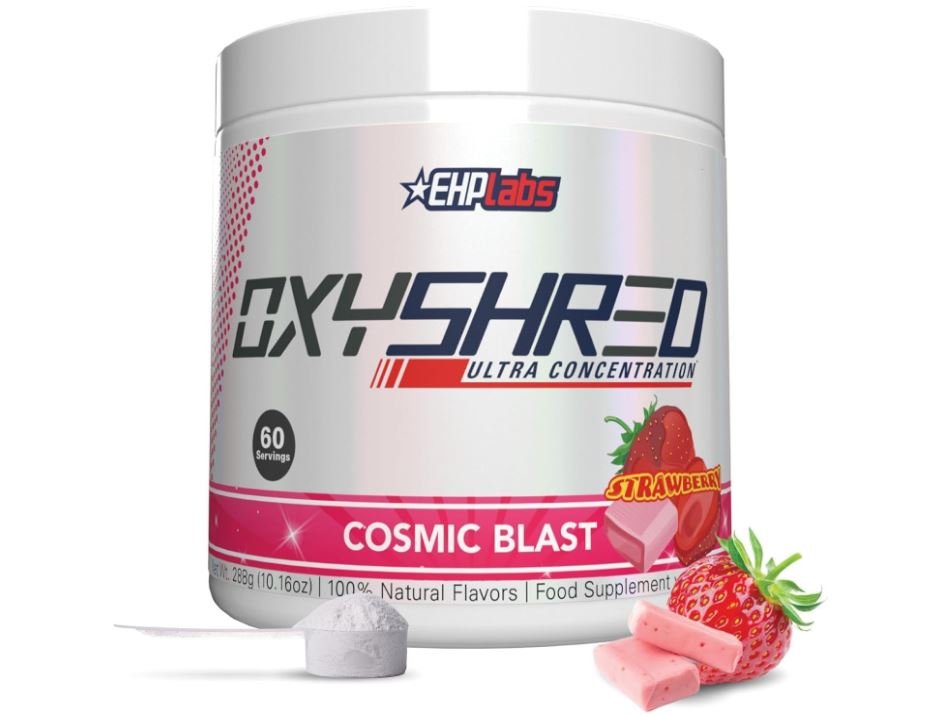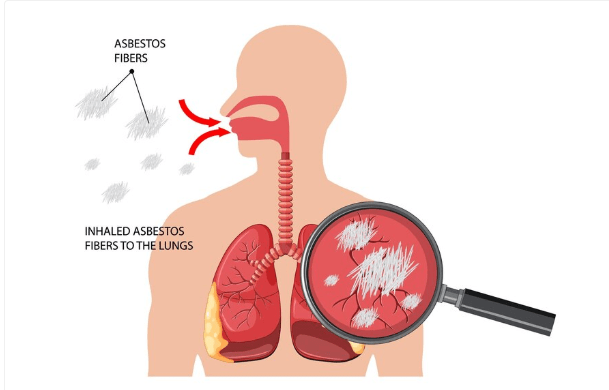In today’s growing supplement market, one substance—creatine—is attracting attention due to its exceptionally strong clinical support rather than marketing hype. Long linked to muscle recovery, creatine’s neurological effects are now remarkably similar to those of more conventional cognitive enhancers, making it especially advantageous for mental endurance and memory retention. In contrast to more ostentatious products that promise instant brainpower, this modest compound is gaining credibility by producing subtly dependable results.
New Scientist cites recent studies that show a significant decrease in skepticism. Creatine has been shown in numerous studies to enhance brain energy metabolism and promote greater working memory capacity, particularly in people who are tired, stressed, or sleep deprived. More than ten peer-reviewed studies now support the idea that supplementation raises brain creatine concentrations, which is a rare scientific consensus in this frequently contentious field, according to Dr. Scott Forbes, who has made significant contributions to the research.
| Supplement | Primary Benefit | Scientific Support | Notes |
|---|---|---|---|
| Creatine | Enhances memory and cognitive endurance | >10 studies confirm brain creatine elevation | Widely used in sports, now gaining popularity in cognitive research |
| Omega-3 (DHA/EPA) | Supports neuronal structure & synaptic health | Supported for heart & brain function | Particularly beneficial for those with low fish intake |
| L-theanine + Caffeine | Improves alertness and focus | Small but consistent studies suggest synergy | Naturally found in green tea; more effective when paired |
| Bacopa Monnieri | Long-term memory support | Mixed, but promising results in chronic use | Used in Ayurvedic medicine; slow-acting |
| CDP-Choline (Citicoline) | Supports brain metabolism & mental energy | Multiple European studies support memory enhancement | Sold as prescription in some countries |
| Vitamin D | Mood and cognitive support | Deficiency linked to memory loss | Especially important in low-sunlight regions like UK |
| Vitamin B12 + Folate | Prevents cognitive decline | Essential for neurological health | Key in vegetarians and older adults |
| Magnesium | Regulates neurotransmitters | Deficiency associated with anxiety & fatigue | Choose glycinate or threonate for brain-targeted benefits |
| Ginkgo Biloba | Increases cerebral blood flow | Mixed evidence; older studies inconclusive | Still widely marketed, use with caution |
| Lion’s Mane | Potential nerve growth stimulation | Early-stage promising animal and human data | Favored in wellness circles, but still under study |
A significant improvement in the ability to maintain focus and clarity over extended work hours has been observed by numerous high-functioning professionals who incorporate creatine into their daily routines. Recently, podcast hosts such as Dr. Andrew Huberman have highlighted the neurological applications of creatine, which has led to a surge in its popularity among health-conscious circles. Additionally, particularly creative wellness companies have started creating brain health stacks that contain creatine in addition to magnesium threonate, L-theanine, and B-complex vitamins—a strategy based on science rather than fad.
Creatine’s safety record is longer than that of nootropic cocktails, which are either dangerously overstimulating or still unproven. Even in populations unrelated to athletic performance, decades of clinical trials have demonstrated its high level of long-term reliability. It doesn’t cause blood pressure spikes or sleep disturbances, which are two very important issues for professionals managing stress and older adults.
Interest in support based on creatine naturally increased during the pandemic, when screen fatigue and cognitive overload peaked. Many started using it in place of their second or third cup of coffee, pointing out that creatine provides a longer-lasting feeling of clarity, whereas caffeine wears off quickly. The reason for this extremely effective energy buffering effect is that creatine recycles ATP, which is the primary energy molecule of muscle and brain cells, particularly during prolonged use or stressful situations.
In recent years, people outside of the aging population have become more interested in brain health prevention. Students and young adults are becoming more conscious of the benefits of supplements, not only for longevity but also for improved cognitive function under pressure. By means of well-planned educational initiatives and open formulation procedures, creatine has evolved from a misinterpreted exercise supplement to a widely used cognitive tool.
Dietitians continue to emphasize the importance of food first. However, when a substance like creatine is both surprisingly inexpensive and clearly beneficial, it is given a special place in the cognitive toolbox. Genius is not guaranteed overnight. Instead, it provides the kind of dependable support that truly makes a difference when you need it most, quietly and steadily operating in the background like a well-maintained engine.
Discussions about supplements are changing. The trend is moving away from magical claims and toward ingredients that are both practically useful and scientifically supported as evidence is scrutinized more closely. In response to the growing demand from consumers for results based on transparency, creatine stands out by delivering results when they are needed, one molecule at a time.







